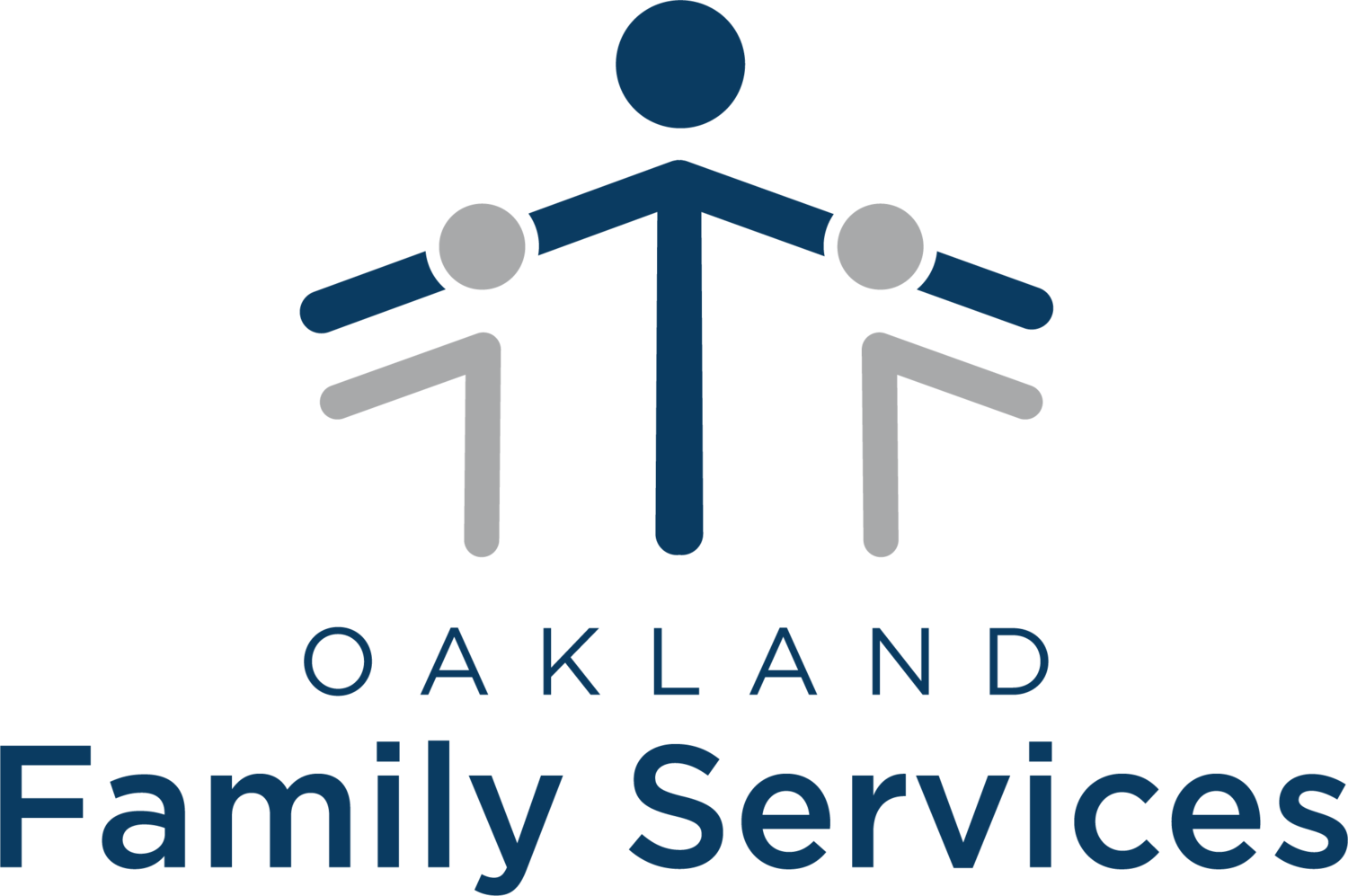Tylenol Use in Pregnancy: What Families Should Know
Recently, public comments from Donald Trump and Robert F. Kennedy Jr. have raised concerns about the use of Tylenol (acetaminophen) during pregnancy and whether it could be linked to autism. To help separate fact from fear, Oakland Family Services’ Physician Assistant, Emily Stefanic, spoke with Paul W. Smith on WJR radio to provide clarity for parents and families.
"There are so many different cause that we are aware of that go into Autism spectrum disorder, largely genetic,” explained Emily. “To say that Tylenol use, acetaminophen use, in utero is the reason for Autism Spectrum Disorder really grossly over simplifies the issue in general and can make for higher risk of pregnant mothers not wanting to take acetaminophen to manage pain or illness or fever, which can have their own impact and affect. Or to not give it their children when they're sick where illness and fever can have other impacts."
Emily emphasized that while no medication is without risk, avoiding necessary treatment can often do more harm than good. For example, untreated high fevers during pregnancy can increase the risk of serious complications, such as neural tube defects that affect a baby’s spinal cord.
“There is no one medication or supplement or treatment that is all good or all bad,” Emily shared. Medical drugs aren’t inherently dangerous—they can be incredibly helpful. What’s important is using them appropriately, under the guidance of a trusted healthcare provider.
At Oakland Family Services, we want families to feel reassured, not alarmed, by misleading or oversimplified statements. Our message is simple: follow the advice of your doctors. They are trained to weigh the risks and benefits of treatment, and their goal is always the health and well-being of both mother and child.
If you have questions about medications during pregnancy, don’t hesitate to reach out to your healthcare team.
